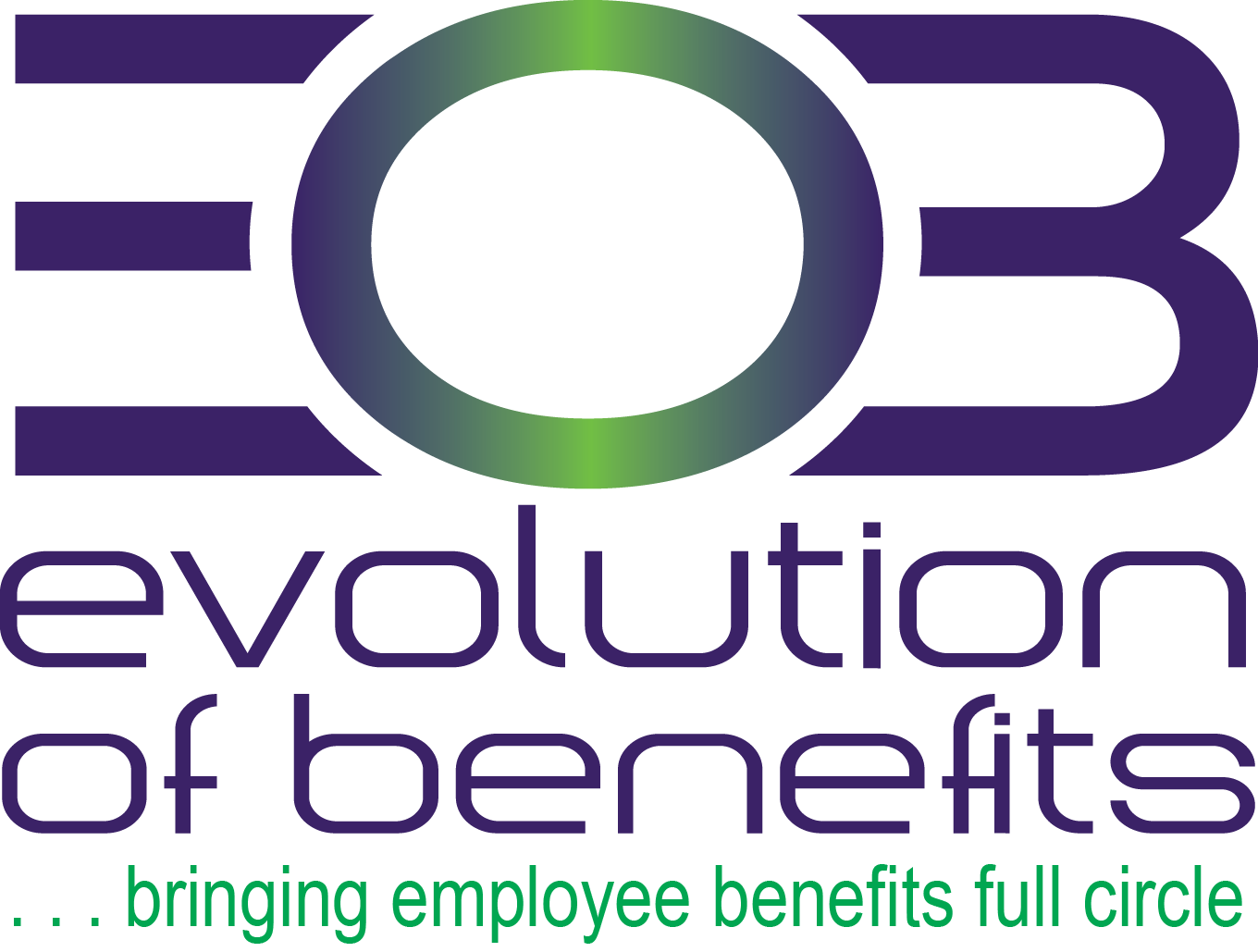News Brief: Mercer Report Projects 5.8% Health Benefits Cost Increase in 2025

U.S. employers estimate that health benefit costs will increase by 5.8% in 2025, according to Mercer’s
2024 National Survey of Employer-sponsored Health Plans. This would mark the third consecutive year that the total cost per employee rose more than 5%. The report attributed the higher costs to the widening gap between the supply of health care workers and the demand for health care services, along with costly behavioral health care and glucagon-like peptide-1 (GLP-1) medications.
The report included an analysis of responses from more than 1,800 employers nationwide. Employers estimated that their costs would rise by an average of 7% if they took no action to lower costs. Not surprisingly, smaller employers (organizations with 50-499 employees) estimate being impacted the most, reporting that costs would rise by an average of 9% if they took no action to lower costs. Mercer’s figure is in the 7%-9% range, lining up with other industry reports, such as Aon and the International Foundation of Employee Benefit Plans.
“While we’ve seen significant increases in utilization in a fewareas, such as for behavioral health care and GLP-1 medications,overall utilization has had a relatively modest impact on trend this year. The biggest driver of higher costs is price dynamics,some of which are macro in nature.”
-Sunit Patel, Mercer’s U.S. chief actuary for health and benefits
Compliance Bulletin – Legal Considerations for Employee Terminations

Employee terminations are often complicated, and if not conducted properly, employers can open themselves up to costly legal challenges and negatively affect their business or reputation. Understanding the legal obligations of employee terminations can help employers ensure this process is conducted in a manner that minimizes legal risks and accounts for various business considerations.
Legal Update: All Draft Forms & Instruction for ACA Reporting Now Available

In July 2024, the IRS released draft 2024 forms for reporting under Internal Revenue Code Sections 6055 and 6056. Thereafter, on Sept. 4, 2024 and Sept.13, 2024, respectively, the draft instructions for the B series forms and C series forms were released.
- The 2024 draft Forms 1094-B and 1095-B (and related draft instructions) are draft versions of forms and instructions that will be used by providers of minimum essential coverage—including self-insured plan sponsors that are not applicable large employers (ALEs)—to report under Section 6055.
- The 2024 draft Forms 1094-C and 1095-C (and related draft instructions) are draft versions of forms that will be used by ALEs to report under Section 6056 as well as for combined Section 6055 and 6056 reporting by ALEs that sponsor self-insured plans.
No major changes were made to the draft forms or instructions for 2024 reporting. However, certain changes may be made once the forms and instructions are finalized.
Career Elevator: Enhancing Your Workplace Value (September)

In today’s dynamic and competitive job market, demonstrating and elevating your workplace value is essential for career growth and job satisfaction. Whether seeking a promotion or simply looking to solidify your position within your company, focusing on your workplace value can help you achieve your professional goals.
Compliance Bulletin – Health Plans Must Update HIPAA Policies for New Reproductive Health Care Rights

Beginning Dec. 23, 2024, covered entities and their business associates must comply with stricter
HIPAA privacy protections for reproductive health care. These new protections prohibit regulated entities from using or disclosing protected health information (PHI) related to lawful reproductive health care:
- For a criminal, civil or administrative investigation into (or proceeding against) a person in connection with reproductive health care; or
- To identify an individual, health care provider or other person for purposes related to such an investigation or proceeding.
In addition, regulated entities must obtain a valid attestation when a request is made to use or disclose PHI potentially related to reproductive health care for certain purposes to ensure that the use or disclosure is permissible.




















